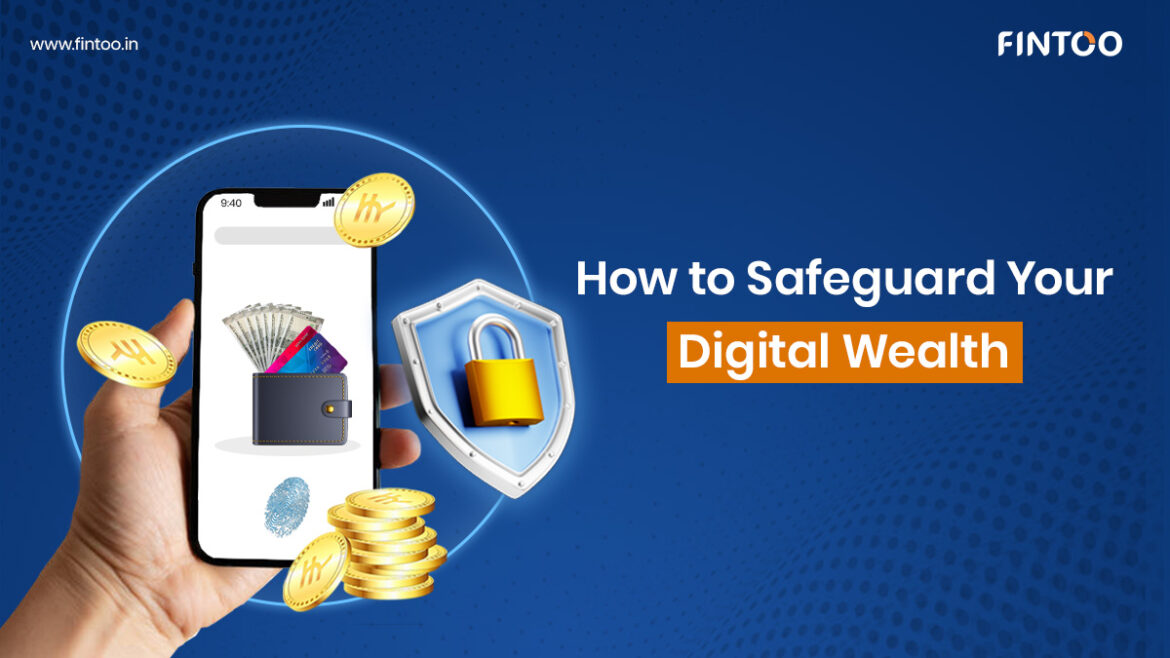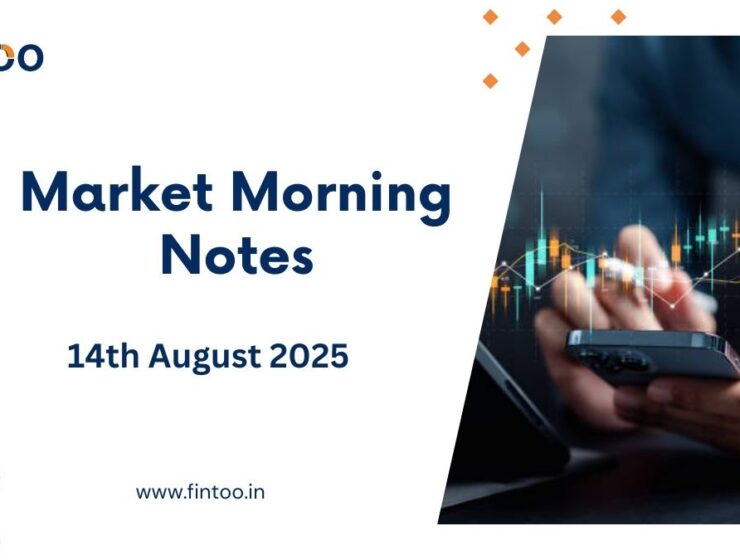

Why cybersecurity is the new cornerstone of wealth protection in 2025
The way we understand, grow, and store wealth has transformed drastically. Once confined to paper certificates, vaults, and real estate deeds, wealth today lives in the cloud, in digital wallets, on investment platforms, and across financial apps. But with this evolution comes a sobering reality: your digital wealth is constantly threatened.
Cyberattacks are no longer rare events. In 2025, as reported by The Economic Times, India alone witnessed nearly ₹20,000 crore in losses due to cybercrimes. Over 369 million malware incidents were recorded across 8.44 million devices. Signature-based attacks accounted for 85.44% of these threats. In one instance, more than 200 bank accounts were used to obfuscate illegal activity, and over 150 successful unauthorized intrusions were reported. The digital economy that empowers investors is also making them vulnerable.
If you’re an investor, entrepreneur, or high-income individual, it’s time to stop thinking of cybersecurity as a tech issue. It’s now a financial imperative.
Understanding the Spectrum of Wealth
To recognize why digital wealth security is crucial, consider the broader landscape of wealth:
1. Financial Wealth
Includes your money in banks, mutual funds, retirement plans, stocks, and bonds. Traditionally safeguarded by institutions, but now often accessed via digital channels.
2. Real Wealth
Physical assets such as property, gold, real estate, and collectibles. While tangible, they are increasingly managed through digital platforms (property apps, loan apps, etc.).
3. Human Wealth
Skills, education, and your earning potential—these are personal assets that manifest in how you create financial value over time.
4. Intellectual Wealth
Intellectual property including trademarks, copyrights, patents, and proprietary business knowledge.
5. Social Wealth
Your professional relationships and networks—valuable for referrals, credibility, and access.
6. Digital Wealth
This is the most modern and fastest-growing category. It includes:
- Cryptocurrencies and blockchain-based tokens
- NFTs (non-fungible tokens)
- Equity in digital businesses or platforms
- Online revenue streams from e-commerce or content creation
- Cloud-stored financial data
- Digital wallets and DeFi platforms
Digital wealth is scalable, fast-moving, and borderless. But it is also invisible, hackable, and hard to recover once lost.
Why Investors Are Now Top Targets
Cybersecurity for investors is no longer a choice—it’s a necessity. Wealth creators and high-net-worth individuals face greater risks for several reasons:
- Larger digital footprints: More financial platforms, more devices, more exposure
- Delegated finance: Family offices, advisors, and managers introduce access points
- Cloud-based operations: From digital contracts to online payments
- Public visibility: Online profiles, social media activity, and press mentions provide breadcrumbs for attackers
- Lack of preparedness: Many investors assume platforms handle all security
Unlike a break-in or a scam phone call, digital threats are silent, complex, and scalable. You might not even know you’ve been compromised until it’s too late.
What Needs Protection?
Your digital wealth is spread across multiple platforms and mediums. Broadly, you need to secure:
1. Personal Data and Digital Identity
Attackers start with small bits—email IDs, phone numbers, PAN details, birth dates, and social handles. These are stitched together into detailed profiles for phishing or identity theft.
Best Practices:
- Never reuse passwords across platforms
- Use strong, random passwords and store them in a password manager
- Enable 2FA across all financial accounts
- Limit what you share on social media—especially anything linked to personal finance
- Revoke access from unused apps and extensions
- Regularly review your digital footprint
2. Financial Transactions and Bank Accounts
From phishing scams to keyloggers and SIM swaps, your bank access is constantly under threat.
Common Attack Methods:
- Phishing: Fake bank emails or SMS with malicious links
- Man-in-the-Middle (MITM): Intercepting data over public Wi-Fi
- Banking malware: Installed silently on devices to capture keystrokes
- Credential stuffing: Using leaked passwords from one platform to access another
- SIM Swap: Hijacking your phone number to intercept OTPs
How to protect digital investments:
- Never make financial transactions on public Wi-Fi
- Use only official banking apps, and keep them updated
- Set up instant alerts for all transactions
- Disable auto-fill of financial data in browsers
- Avoid clicking on payment links shared over messaging apps or email
3. Investment Accounts and Portals
Whether you use mutual fund apps, trading platforms, or cryptocurrency exchanges, every login is a potential vulnerability.
Top Threats:
- Fake or cloned apps mimicking legit platforms
- Account takeovers due to weak passwords or poor KYC enforcement
- Unauthorized API access via connected services
- Fraudulent investment schemes and pump-and-dump scams
- Lack of encryption in third-party tools
Steps for security:
- Choose SEBI-registered and RBI-regulated platforms
- Read privacy policies before uploading personal info
- Avoid following investment links from social groups or unverified sources
- Monitor login logs and unusual activity
- Use cold wallets for crypto where applicable
- Avoid storing credentials on shared or cloud-synced devices
The Importance of Digital Hygiene
Maintaining digital wealth security isn’t about one-time actions. It requires ongoing vigilance.
Here’s what you should routinely do:
- Encrypt sensitive documents and store them securely
- Back up digital assets in both cloud and offline storage
- Use premium security software and keep it updated
- Avoid shared devices or public terminals for accessing financial platforms
- Use VPNs when working on unsecured networks
- Schedule regular audits of your digital security practices
Cyber Insurance: Protecting the Downside
Cyber insurance is a growing trend among India’s affluent. These policies can cover:
- Financial loss from identity theft
- Data recovery costs
- Reputation management and PR
- Legal expenses
- Assistance from cybersecurity teams during a breach
Premiums start as low as ₹3 per day and can scale into lakhs per annum depending on coverage. Providers like Tata AIG, ICICI Lombard, HDFC ERGO, and Bajaj Allianz are actively offering policies tailored for individual investors and digital entrepreneurs.
The Real Cost of Neglect
Cybercrime doesn’t just drain your finances—it erodes your trust, credibility, and mental peace. Recovery can take months or even years. For professionals, the reputational damage can be irreversible.
A booming cybercrime industry mirrors India’s booming digital economy. Over 1,300 cybersecurity companies are working actively to counter threats, and yet the breaches continue. That’s because technology alone isn’t enough—awareness and action are key.
If you wouldn’t leave your cash lying in the street, why leave your digital wealth unguarded?
Conclusion: Security Is the New ROI
In today’s digital-first world, the safety of your online assets is just as critical as their performance. To grow your wealth, you first need to protect it. Cybersecurity is no longer just a backend function. It’s an integral part of smart investing, responsible asset management, and long-term financial planning.
You don’t need to be a tech expert—but you do need to be proactive, alert, and informed. In a world where fortunes are made and lost in the cloud, your digital defenses define your financial destiny. Ready to secure and grow your wealth with confidence? Reach out to our advisory team today for a personalized digital wealth protection strategy.
Disclaimer: The views shared in blogs are based on personal opinions and do not endorse the company’s views. Investment is a subject matter of solicitation and one should consult a Financial Adviser before making any investment using the app. Investing using the app is the sole decision of the investor and the company or any of its communications cannot be held responsible for it.
Related Posts
Stay up-to-date with the latest information.


